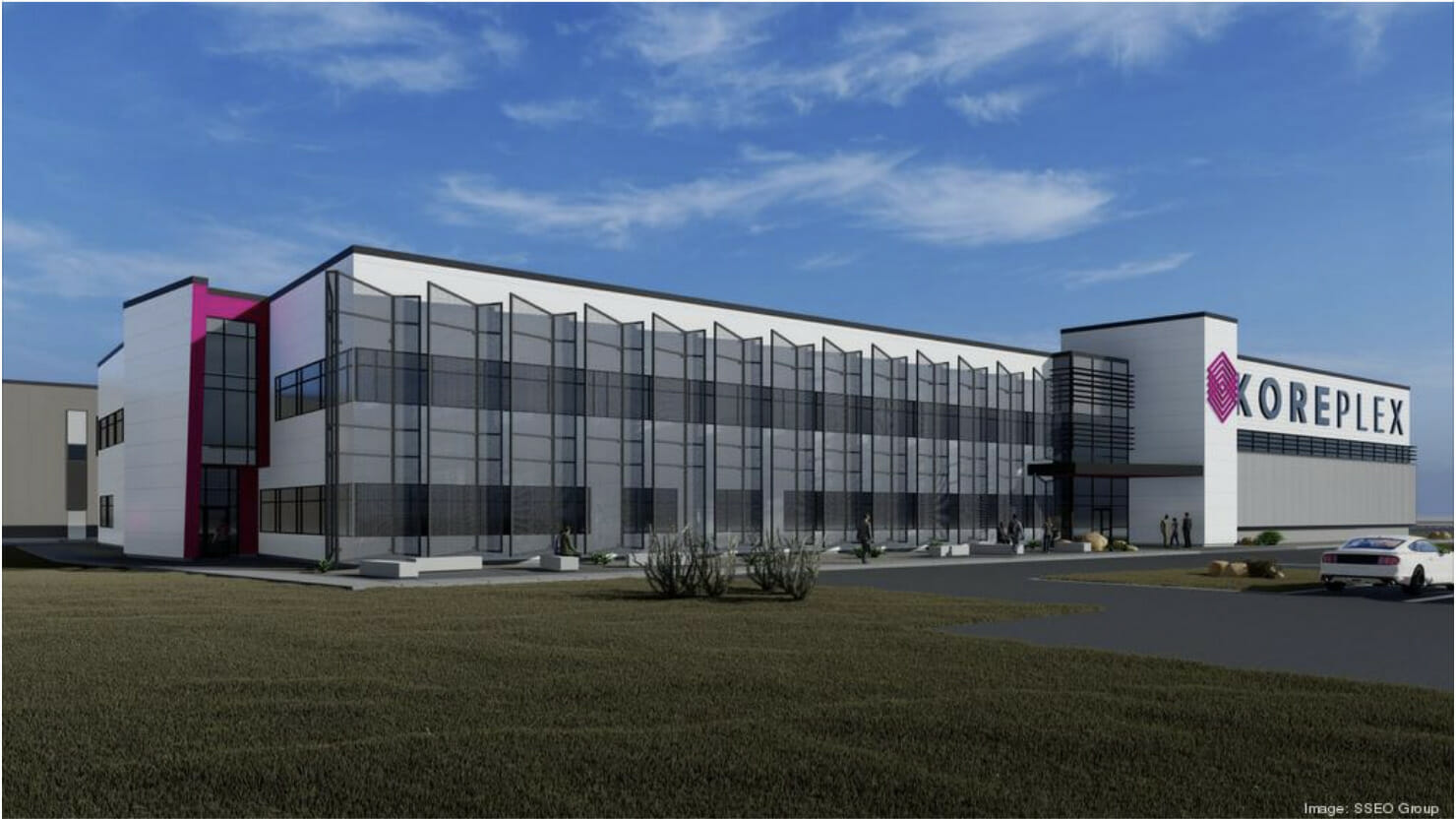Following the urging of Arizona Senators Kyrsten Sinema and Mark Kelly, the U.S. Department of Energy (DOE) today announced it approved a loan of $850 million for the construction of a new KORE Power battery cell manufacturing facility in Buckeye, Arizona – creating nearly 2,000 strong careers for hardworking Arizonans.
DEEPER DIVE: Eric Orsborn uses development background to make Buckeye a boomtown
The bipartisan infrastructure law – historic legislation led by Sinema and shaped by Kelly – expanded the Advanced Technology Vehicle Manufacturing authorities and loan authorities that made today’s investment possible.
“My bipartisan infrastructure law continues to deliver real, lasting results across our state. Today’s announcement creates strong careers for everyday Arizonans, boosts national security by reducing reliance on foreign nations, and strengthens America’s energy independence and leadership,” said Sinema, co-author and lead negotiator of the bipartisan infrastructure law.
“This is big news for Arizona and the country, supporting KORE Power’s Gigafactory in Arizona will bring manufacturing back to America for a critical supply chain, while creating good-paying jobs. The administration is taking advantage of the resources we provided to not just boost jobs in Arizona, but also to strengthen our national security by reducing our dependence on foreign sources of battery components for everything from electric vehicles to energy storage. Thanks to KORE Power and the rest of our emerging battery sector, Arizona will be front and center leading the country in developing and manufacturing the technology that will power our economy into the future,” said Kelly.
Last month, Sinema and Kelly urged DOE to support KORE Power, Inc.’s application for a $850 million loan through its Advanced Technology Vehicles Manufacturing Loan Program – which Sinema bolstered in her infrastructure law.
The $850 million investment is intended to cover the costs of developing, designing, commissioning, and operating a 6 GWh lithium-ion cell manufacturing facility. These battery cells will be used in electric vehicle, energy storage system, and mobile energy system applications.
Lithium-ion – a type of rechargeable battery which uses the reversible reduction of lithium ions to store energy – is and will remain the dominant energy storage technology until 2030 for both the ground mobility and stationary storage markets. Producing lithium-ion cells domestically is critical to the future of national and economic security, as the Li-ion battery manufacturing is currently dominated by China.
In their letter to DOE, the Senators asserted that large-scale investments in lithium-ion cell manufacturing like the new KORE Power facility in Buckeye are critical to U.S. energy independence and leadership for the remainder of this decade and beyond.
The project is expected to create approximately 700 construction jobs and 1,250 operations jobs. KOREPlex is working with nearby colleges and tribes to train the local workforce for strong operations roles.




